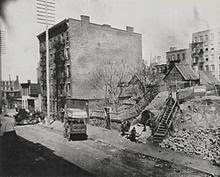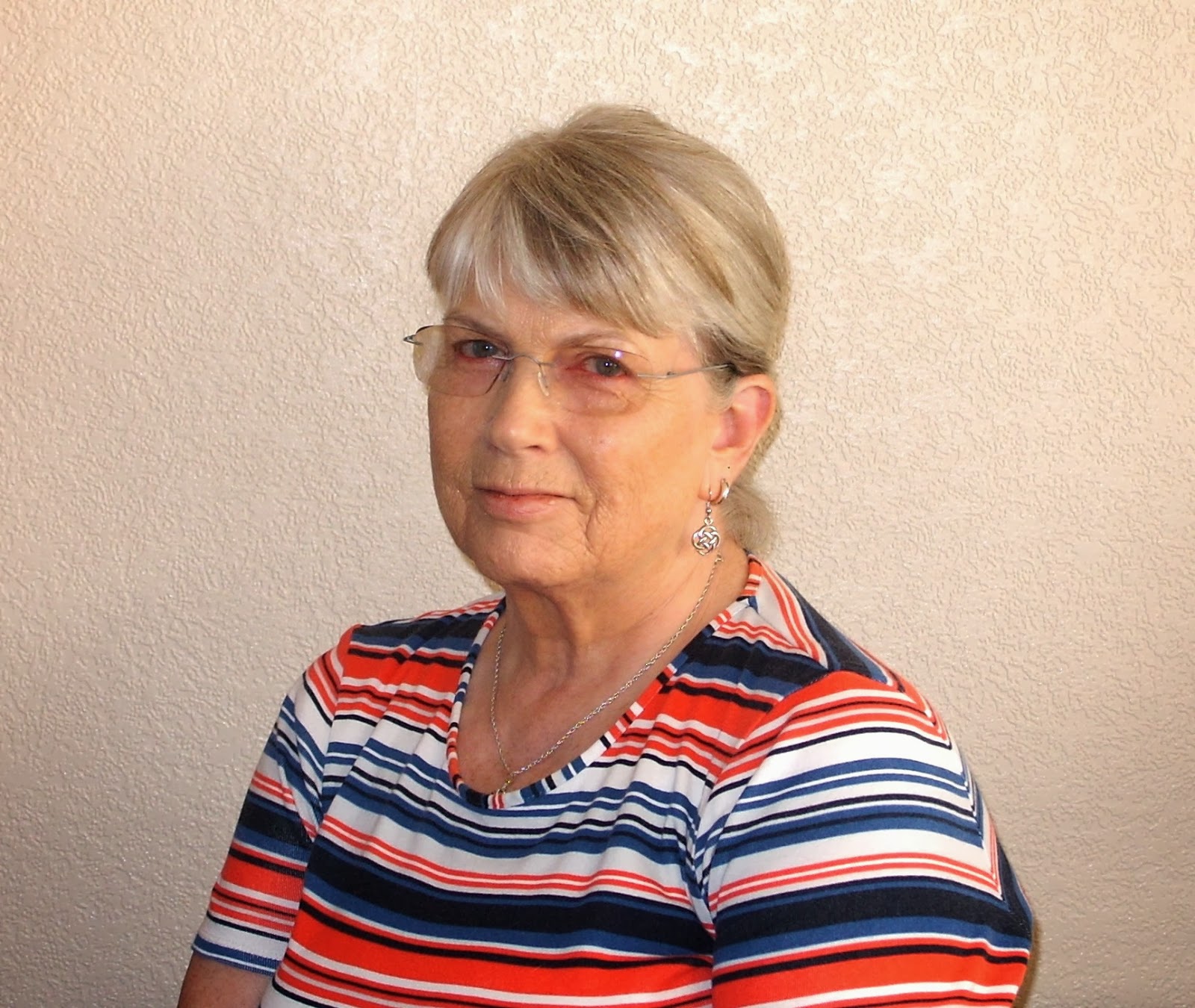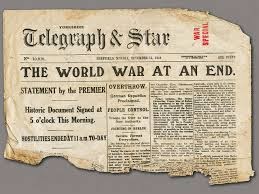Forty
Years in a Day
By Mona Rodriguez and Dianne
Vigorito
Please see below for giveaway information of two copies of this fantastic novel
History is a fascinating
mirror and perhaps none is more so than the people who lived through it. Adding to
the layers of intrigue are oral traditions passed down within families that
lend new angles of perception and understanding to previous events, not least
of them being the awareness that these are one’s own people.
 |
| Manhattan Island's Hell's Kitchen c. 1890, shortly before our story begins Photographed by Jacob Riis |
I’ve been fortunate recently
to have made the acquaintance of several books written about authors’ relatives
and ancestors, amongst them Forty Years in a Day, a family story told to one woman by her immigrant father on his 90th birthday. Having journeyed to Ellis Island, scene
of so many immigrant beginnings on our shores, the pair pass through the
interior of a building that “exploded with thousands of personal stories of
hardship and hope.” Clare sees her father’s face in those lining the walls,
these images reflecting the “disquietude of an era.”
She understands already that
the comfortable life she lives now is in debt to those who came before,
including her father, Vincenzo. His childhood journey from an Italian village to New York's Hell's Kitchen was marked with a near-death experience and instances of degradation his
mother, Victoria, tried to pass off as ordinary in the hope he would forget.
Whether Vincenzo recalls those earliest instances or retrieves them from his mother's diary is not articulated, but Rodriguez and
Vigorito lay out an understanding for Clare to absorb that is much larger than
any of it, suggesting that even had Vincenzo remembered, he is beyond it. As
father and daughter sit outside the island’s museum, silently taking in the
beauty of the crisp autumn afternoon, Clare remarks on the beauty of the day.
“My
father simply replied, ‘Clare, every day you’re alive is a beautiful day.’
Throughout
his life, the phrase ‘it’s a beautiful day’ had become his mantra. I had always
thought of it as cordial chitchat used to fill the uncomfortable gaps of
silence in conversations, but only now did I comprehend the depth of his
penetrating words.”
As they sit on the bench,
Vincenzo Montenaro tells his daughter Clare the story of his life and his
family, more precisely that of his mother, forced to leave an abusive husband
and board a ship alone with several small children. The language is
straightforward and accessible, but never simple, and the authors clearly work
well together, possessing a talent for relating details that elapse over a long
and arduous period of time, without overburdening the reader. We get a clear
sense of how awful is the journey and its inherent pains, terrors,
humiliations, discomforts, even cruelties.
This, in fact, is the style
of the entire novel—many years encapsulated in much the same way the elder
Montenaro would have done when taking only a single afternoon to describe forty
years of his life. It is part of the authors’ craft that one never really
knows for sure whether each individual segment is shortened by necessity or
because suggestion is more powerful than a full-on witnessed account. Indeed,
certain details are too wrenching to lay openly on the table, so to speak, and
in fact would not do them justice. Some things, as is oft repeated, are best
left to the imagination.
Vincenzo takes Clare—and
us—through his mother’s story, her journey with the children to America and the
years in which her life is essentially on hold because she mistakenly believes
the husband she fled lives on. As time moves forward, Victoria, and her family as well as
society, experiences growth and the awkward, inspirational and even ordinary
moments informing and directing decisions pertaining to children, careers,
dating, friendships, recreational activities, marriage and children, crises,
illness and death, war, struggle, failures and triumph, and looking towards the
future while remembering dreams of the past.
 |
| Mission House in Hell's Kitchen c. 1915 |
Somehow the myth pertaining
to this era’s more “innocent” time has managed to stay afloat in our own society, though Rodriguez
and Vigorito attempt no such fluff. Life at this time was difficult, even
nightmarish for some, though there were opportunities as well. New York City in
the first half of the 20th century was no playground: Irish mafia
wars rivaled disease and poverty and though many emerged intact, very few
escaped at least some contact with both.
But, like life in any era,
there existed also the beauty of the ordinary, perhaps what Vincenzo, even in
childhood, reveled in the most as he passionately embraced his appreciation for
life:
Victoria
knew the smell of the fresh baked bread and sauce simmering on the stove were
ones the children looked forward to six days to Sunday. The minute she and
[sister-in-law] Genevieve left the kitchen to ready themselves for church,
Vincenzo would rip a loaf of the warm bread into pieces, dunk them into the
sauce, and dole them out to his cousins and siblings. By the time Victoria
returned, washcloth in hand, one of the loaves would have inconspicuously disappeared.
Smiling to herself, she would casually wipe away the residue of red that rimmed
their lips, pretending she was unaware of their weekly ritual.
Perhaps one of the novel’s
greatest strengths is the manner in which it balances understanding of one realism
within history: from the beginning human beings have always loved to be told
stories, and it is no accident that our own histories resonate so deeply within us. The series of stories told throughout the book, as Vincenzo and his
siblings—and the enlarging cast of characters—journey though teen years and
young adulthood, as they enter into middle age, these stories satisfy a need to
know about life for others and at other times, told by two with the eye and instinct of
keen storytellers who know exactly when to divulge, when to pause and hold onto
secrets and twists. They also embody the mirror image of those who love to be
told a tale by fully displaying the seeming human satisfaction in telling one. Effortlessly
weaving through time and connections within the characters’ own era,
neighborhood and circles, they also touch our own.
So much happens in this novel, really a memoir of sorts--beginning in first person and shifting away as Vincenzo picks up--but readers are moved forward, perhaps a reflection of Vincenzo's own perspective and the manner in which he habitually looks forward, rarely dwelling on past events Here, too, the authors, who are in fact cousins telling their own family's story, bring us to witness exactly how much the patriarch values the future and those who will occupy it. Like Clare who learns so much that afternoon, readers will be "exhausted and inspired from the journey[,]" and wouldn't have it any other way.
So much happens in this novel, really a memoir of sorts--beginning in first person and shifting away as Vincenzo picks up--but readers are moved forward, perhaps a reflection of Vincenzo's own perspective and the manner in which he habitually looks forward, rarely dwelling on past events Here, too, the authors, who are in fact cousins telling their own family's story, bring us to witness exactly how much the patriarch values the future and those who will occupy it. Like Clare who learns so much that afternoon, readers will be "exhausted and inspired from the journey[,]" and wouldn't have it any other way.
Mona Rodriguez and Dianne Vigorito have so graciously offered two copies of Forty Years in a Day for giveaway. To become eligible, simply comment below or at this review's associated Facebook thread.
You can learn more about the authors and Forty Years in a Day at their website or blog, or follow on Twitter or Pinterest. You may also find Forty Years in a Day for purchase at Amazon.
*********
Lisl is the author of poetry published in Alaska Women Speak, contributor to Naming the Goddess (ed. Trevor Greenfield) and is currently working on a collection of short stories. She can also be found at before the second sleep.
*********
Lisl is the author of poetry published in Alaska Women Speak, contributor to Naming the Goddess (ed. Trevor Greenfield) and is currently working on a collection of short stories. She can also be found at before the second sleep.






.jpg)
.jpg)










.jpg)

.jpg)
.jpg)
